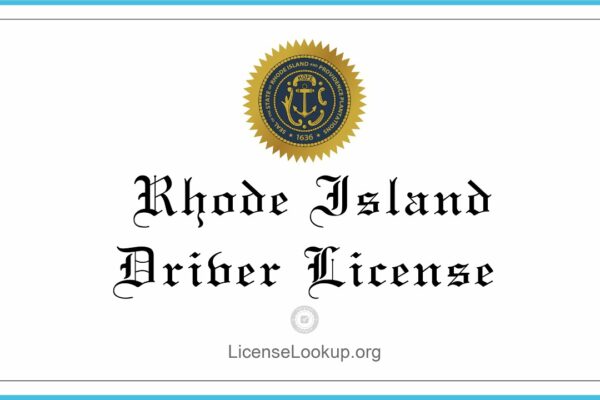
Do Rhode Island fire academies receive payment?
Rhode Island fire academies play a crucial role in training aspiring firefighters, equipping them with essential skills to protect lives and property. However, these academies do not receive payment directly from the individuals attending their training programs. Rather, the funding primarily comes from the state and local budgets, ensuring that quality training remains accessible to all aspiring firefighters. This financial support underscores the importance placed on creating a well-trained fire service in Rhode Island, ultimately contributing to the safety and well-being of its residents.









